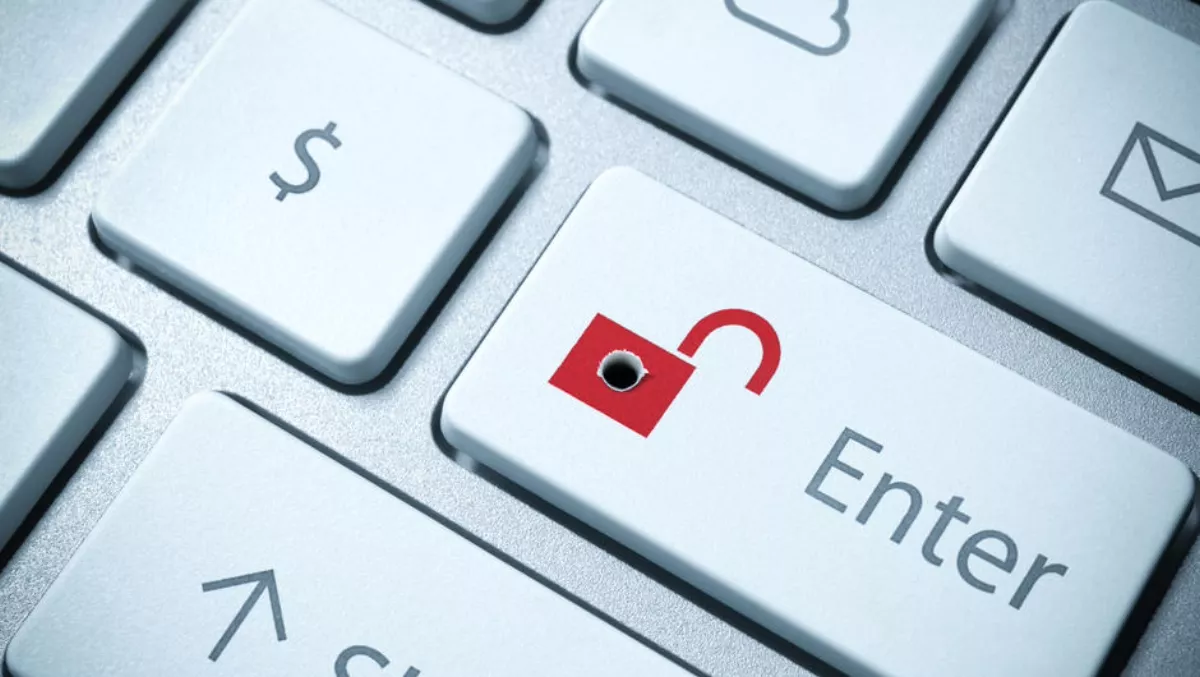
Six simple tips to staying safe online
A successful cyberattack can be devastating for small businesses, especially if their resources are limited because the fallout of the attack can range from financial losses to reputational damage.
It's only a matter of time before small businesses are hit hard by an attack but there are things they can do to protect themselves, according to Aleron. Aleron Security Consultant Kerry Tang says, "Companies often think they're too small or insignificant to be a target for cybercriminals but every business is a potential target.
"By sending or receiving payments online, using email, or storing customer records electronically, businesses create a digital footprint that can lead attackers right to their door.
"Cybercriminals can use the information they gain to steal identities, sabotage operations, sell commercial information, or lock up the company's data until it pays a ransom." Small businesses without significant internal IT resources should partner with an experienced and knowledgeable IT security provider to keep themselves safe from cybercriminals.
Here are six basic steps that small businesses can take to help themselves: 1. Share information sparingly The company's social media pages can provide a great deal of information that cybercriminals can use to attack the business, such as details of a new deal, new product, or company restructuring.
Therefore, it makes sense to think twice about the information shared via social media. 2. Patch everything Most apps have bugs or vulnerabilities that hackers can use to gain access to a company network.
Patches are pieces of code that fix those vulnerabilities.
They're released regularly by software developers so businesses should subscribe to the mailing lists for all the company's operating systems, infrastructure, and applications, then apply patches as soon as they're released. 3. Don't neglect antivirus Antivirus tools can detect and defend against many so-called zero-day attacks, which don't yet have patches available.
So it's essential to keep your antivirus software up to date. 4. Reconsider plugging in and clicking on USB sticks can harbour nasty malware infections, so unless the company absolutely relies on external drives, they should be disabled.
Similarly, employees should be educated not to click on attachments or links in emails, in case they lead to malicious sites. 5. Protect information Often, malicious actors get information because staff members have either accidentally or deliberately shared it.
Staff should be educated regarding what's safe to share and what should be kept in confidence.
All data should be backed up regularly to protect it in case of a disaster.
Then, if a hacker tries to deploy ransomware, the business can simply revert to a backed-up copy of the data and operate as normal. 6. Use strong passwords Passwords can be all that stands between a cybercriminal and an organisation's entire network.
It's important for employees to use strong passwords, two-factor authentication, and different passwords for different systems.
All it takes is for a cybercriminal to crack one password and the entire network could be vulnerable.
Tang says, "To securely operate in an online world, businesses need a robust cybersecurity framework.
"The risks are getting higher as cybercriminals get more sophisticated and businesses must keep up or face the consequences," she adds.
"Working with the right partner can help small businesses develop a pragmatic, affordable plan to keep the business secure."


